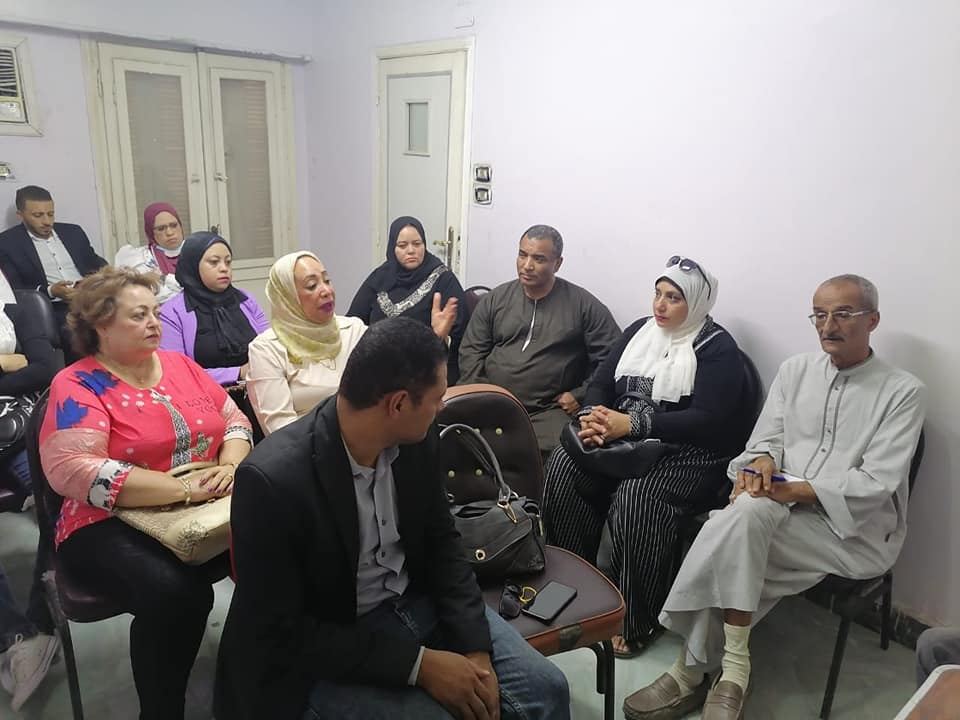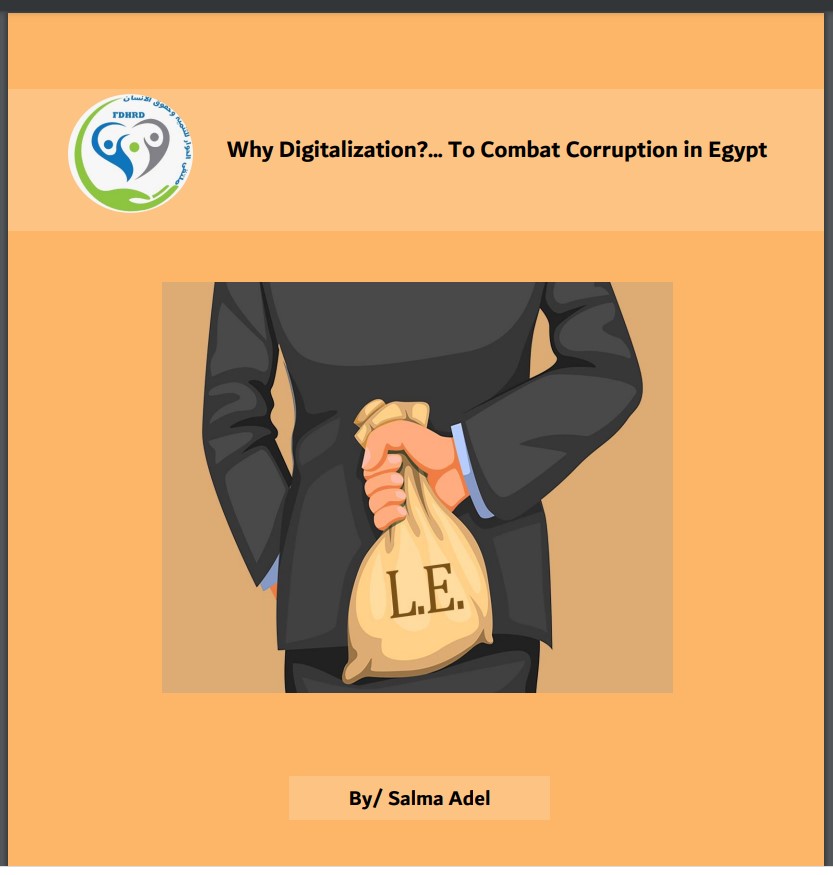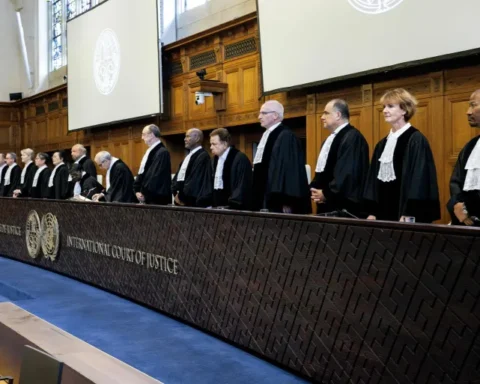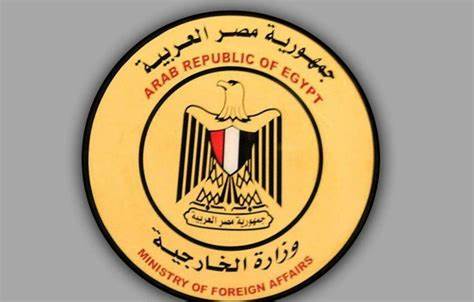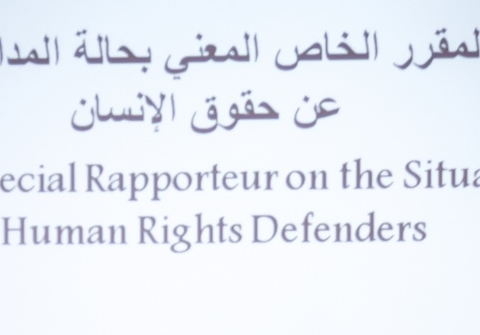Press Release
………………………………………………………………..
Today, Thursday, December 9, 2021, the Integrity and Transparency Program at the Forum for Development and Human Rights Dialogue issued a report entitled: (Why Digitalization?… To Combat Corruption in Egypt), on the occasion of the International Anti-Corruption Day.
The report comes to emphasize the Egyptian efforts to combat corruption within the framework of the national anti-corruption strategy based on the policies of various international and regional agreements. One of the most important policies stipulated in the strategy is the digitization policy that relies on the digital transformation of government institutions and public services as a measure to reduce corruption. The Egyptian government has succeeded to a large extent in implementing digitization in various devices and services.
The report addressed a number of themes, most notably:
First: What is corruption
This axis included the definition of corruption, its types, corruption practices, and the negative claims resulting from its spread in society.
Second: International agreements on corruption
The report dealt with international and regional conventions concerned with combating corruption, such as: the United Nations Convention against Corruption (2003), the Inter-American Convention against Corruption (1996), the Organization for Economic Cooperation and Development Convention against Corruption (1997), the African Union Convention to Prevent and Combat Corruption (2003), Arab Anti-Corruption Convention (2010).
Third: The Egyptian state’s efforts to combat corruption
In this axis, the report dealt with the national anti-corruption strategy, and the digital transformation efforts within the strategy.
1- The National Anti-Corruption Strategy
Egypt put forward a national strategy to combat corruption in 2014 in accordance with the various international and regional conventions it has ratified. Its main goal is to create a society aware of the dangers of corruption and able to identify and reject it, in accordance with Article 218 of the Egyptian Constitution, which obligates the state to combat corruption.
The first phase of this strategy was from 2014 to 2018, and at the end of this phase, its successes and failures were evaluated, the challenges they faced were identified, and recommendations and proposals were put forward to overcome them. Thus, the Egyptian government adopted the second phase of the strategy 2019-2022, which contains 9 goals, and each goal has operational procedures, with clear performance indicators for each action, and general performance indicators for each goal.
The implementation procedures for the second phase include the establishment of an ethical code in universities, civil society organizations, and the private sector. It also encourages and emphasizes the importance of involving schools, universities, media, journalists, religious institutions and research centers in preventing and combating corruption. Also, it focuses on updating legislation to improve administrative performance and transparency, protect whistleblowers and witnesses, and simplify legal procedures.
The report monitored indicators of perceiving and combating administrative corruption in Egypt, where in 2019 the general indicator scored 59.5 degrees, as the perception index of administrative corruption reached 49 degrees, while the perception of efforts to prevent and combat administrative corruption reached 69.2 degrees.
2- The relationship of digitization to fighting corruption in Egypt
The report emphasized that the Egyptian government is seeking digitization, because it is considered an important tool to combat corruption because of its many benefits in reducing the risks of corruption, as it reduces communication between citizens and officials, which reduces the risks of bribery. Furthermore, it reduces the complexity of government bureaucracy, creates a more direct channel of communication between officials and citizens which enhances transparency and accountability, and allows for more careful vetting systems that detect corrupt practices quickly and efficiently in the private sector.
The government has established a government financial information management system in order to link all the financial units of government institutions, it is used for any government spending including the salaries of public employees. Its functions include preparation and execution of the state budget, procurement management, cash management, debt management, and accounting operations. This system is already in place at the IRS, allowing organizations to pay their taxes or customs electronically or through any authorized bank.
With regard to taxes, all organizations are now required to submit their invoices on an electronic invoice system and all future invoices issued must be electronic, allowing the IRS to accurately track transactions. It also allows them to verify this information and discover any discrepancies faster. Close digital monitoring allows Egypt to crack down on tax evasion and other corrupt practices.
Egypt also aims to link the databases of all administrative units in order to facilitate knowledge exchange between them. As of 2020, it has succeeded in linking 60 units, 13 ministries, 48 government institutions, and 8 governorates, and updating the Administrative Control Authority’s database to allow for better oversight.
In order to enhance transparency and accountability, the Administrative Control Authority has established websites and social media accounts for each government institution and ensures that they are updated with the latest information and easy accessibility. 84 administrative units are supposed to publish their strategy annually. The administrative control has also added an electronic mechanism to its mechanisms for receiving complaints by entering the authority’s electronic portal to report corruption.
The report concluded that digitization has a positive impact in combating corruption in Egypt and reducing the perception of corruption.


